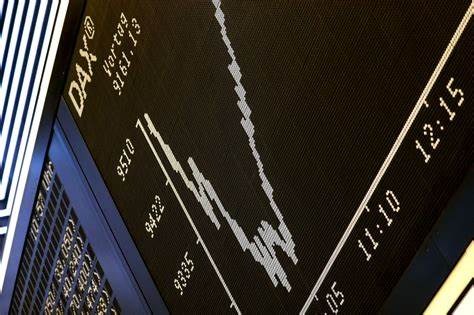


Image Credit: Bloomberg
Germany’s stock index futures and the euro both surged during Asian trading after opposition leader Friedrich Merz's victory in Sunday’s federal election, aligning with polls and signaling a shift toward higher government spending. DAX Index contracts rose as much as 1.5% on Monday, recovering from an initial loss, amid lighter trading volumes. The euro gained up to 0.7% against the dollar, strengthening against most Group-of-10 currencies.
Market participants expect Merz’s government to end the era of tight fiscal policies and focus on reviving Germany’s economy, which has faced stagnation, the ongoing war in Ukraine, and trade uncertainties linked to US President Donald Trump.
“The key consequences of this election result are political stability and more fiscal spending, both of which should be positive for markets,” said Wolf von Rotberg, an equity strategist at Bank J. Safra Sarasin.
The euro's rise was partly driven by growing confidence that Merz will quickly form a government, a development that wasn't fully expected by currency traders before the election.
“EUR/USD could return to 1.06 if there are more signs that Merz can establish a two-way coalition,” said David Forrester, senior foreign-exchange strategist at Credit Agricole CIB Singapore.
The Bloomberg Dollar Spot Index fell 0.3%, weighed down by the euro's strength and disappointing US economic data last week. This also contributed to gains in Asian currencies, including the Chinese yuan, Australian dollar, and South Korean won. Meanwhile, futures on 30-year German government bonds dipped around 50 ticks.
Paraphrasing text from "Bloomberg"all rights reserved by the original author
